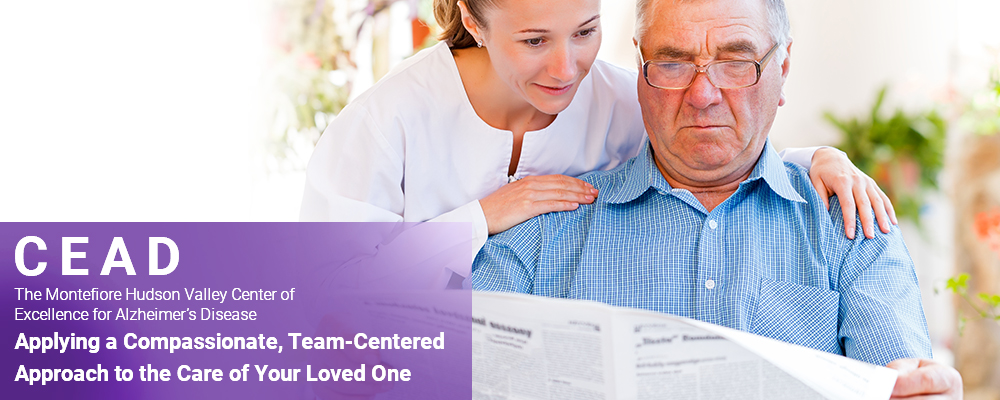The Importance of Caring for Yourself While Caring for Someone With Alzheimer
Caregiver burnout is real. Here's how to ward it off.
USNWR, Nov. 9, 2016, at 6:00 a.m.
A movie ticket stub, a piece of candy from Puerto Rico, a program from an opera and a photo taken at a New York Yankees game. These items, strewn across my desk, represent activities caregivers have participated in for themselves – while taking care of someone they love who is suffering from Alzheimer’s disease.
As a Bronx social worker and the care coordinator at Montefiore Health System’s Memory Disorder Center and Montefiore Einstein Center for the Aging Brain, serving a population as diverse as these items, I glance at them often to remind myself of just how important it is for caregivers to care for themselves and participate in activities that bring them joy.
Why is this important? Because caregiver burnout is real and can inadvertently lead to losing the very person providing care due to their own neglected health, financial strains and other accompanying problems. In a recent study, caregiver "strain" was associated with a 63 percent increased mortality risk, even after controlling for presence of cardiovascular disease and sociodemographic factors. Caregivers might even be at higher risk of cognitive impairment or dementia than non-caregivers.
According to 2015 figures, 5.4 million Americans are living with Alzheimer’s disease. It is the 5th leading cause of death for Americans over age 65. With an increase in the number of diagnoses comes an increase in the need for care provided by caregivers. In 2015 alone, 15 million Americans dedicated over 18 billion hours and provided $221.3 billion worth of caregiving services. Yet, when asked to spend just a few dollars or hours on their own care, caregivers often initially react with resistance.
In recognition of Alzheimer’s Awareness Month, here is advice on how to avoid burnout and minimize caregiver-related stress.
Our caregivers have found these tips helpful:
-
Seek help, whether it's professional or informal from family, friends or religious institutions. You don’t have to do this alone.
-
Connect with your local chapter of the Alzheimer’s Association or similar organizations to inquire about caregiver resources, like grants to pay for respite programs.
-
If employed, speak with your HR department and ask about family or other leave policies. For example, the Family Medical Leave Act of 1993 can be used to secure time to care for a loved one diagnosed with Alzheimer’s.
-
Let go of little details (e.g. your mom wants to wear rain boots on a sunny day) and celebrate small victories (e.g. she is dressed and arrives for an appointment). This is a point I emphasize often; in the daily life of an Alzheimer’s caregiver, letting go of what one thinks should be happening will reduce stress.
-
Choose an enjoyable activity as effortless as ordering a cup of coffee. Say, “Will I have a small, medium or large?”
Commit to one small thing daily, a medium monthly and a largeannually.
-
Small: Take a 15-minute walk, listen to music or practice meditation.
-
Medium: Go out for a meal/movie, secure reliable help, say yes to family/friends offering to help or attend support group meetings.
-
Large:Book a day at the spa, secure a stay at a respite program for your loved one or go on a cruise.
Caring for a family member with Alzheimer’s has been described by caregivers as "‘my honor; my job." My job, in addition to helping the patient diagnosed with dementia, is making sure caregivers don’t forget their care.
[See: How Music Helps People With Alzheimer's Disease.]

